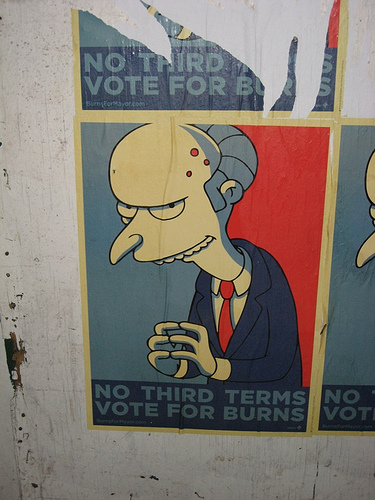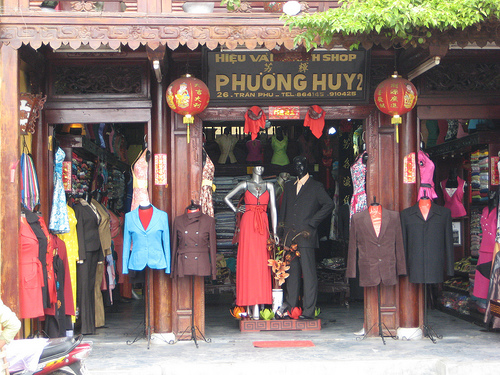 Nathan Richardson is the President of Gilt City, the local child of new (and wildly successful) luxury deals site Gilt Groupe. But he’s more than that. Throughout his career so far, he’s traveled from Senegal to Libera to Yahoo! Finance and Dow Jones. Big-hearted, intelligent and multi-talented (obvs), we’re proud to call him a friend here at TILE.
Nathan Richardson is the President of Gilt City, the local child of new (and wildly successful) luxury deals site Gilt Groupe. But he’s more than that. Throughout his career so far, he’s traveled from Senegal to Libera to Yahoo! Finance and Dow Jones. Big-hearted, intelligent and multi-talented (obvs), we’re proud to call him a friend here at TILE.
TILE: What’s it like working for Gilt? Is your wardrobe amazing?
Nathan: It’s a blast – we work really hard, move the ball forward every day, work closely as a team, and get to engage with some of the coolest restaurants, clubs, services and events in the hottest cities in America. Fair to say my wardrobe has been upgraded and the number of hoodies and fashion sneakers that I own multiplied like a gremlin.
TILE: In your career, you’ve worked at a bunch of different companies – from Citibank to Yahoo! Finance to Dow Jones online. How have these different experiences helped you in your current job?
Nathan: Every experience taught me a different set of skills that play into the diverse hats that I wear in a given day [at Gilt]. I learned about financial mechanics at Citi, about moving fast and being only as good as what you did that morning at Yahoo Finance (a healthy paranoia), and about the importance of brand & voice at Dow Jones.
TILE: You’re very accomplished in the business world, but you’ve also taken the time to help others – both in the Peace Corps and as the director of the International Rescue Committee’s Liberia Program. How do you balance these two passions?
Nathan: I joke that I am a humanitarian to fashion people – providing them great value on the luxury items that they have to have! All of my experiences have several things in common: the pace, the energy, and the need to be fully committed in a way that transcends a 9 to 5. I also stay involved with my Peace Corps family and the artisans I worked with at the Artisan Village of Thies. I’m also a big fan of the IRC’s work in Liberia, and I’ve returned several times to check in on projects that I am passionate about.
TILE: What’s the Peace Corps like? Would you recommend it to someone graduating from college?
Nathan: Loved my experience in the Peace Corps – it is one of the toughest jobs you’ll ever love as the tag line says. I gained exposure to projects and accomplished more in those 2.5 years than you can imagine – as well as gained lifetime best friends.
The Peace Corps’ three goals are to share American culture with the host country; learn about the host country culture and share it with America (Senegal is amazing!); and technical transfer – I was a small business volunteer with several serious projects.
TILE: What’s the best advice you would give to your teenage self?
Nathan: Wow – that’s a tough one. I would probably say broaden your horizons earlier, learn a language, and love the moment a bit more. What do I mean by that? I wish I’d learned Chinese and studied in China at an early age and also remembered to celebrate all the amazing things that were going on around me…
>> TILE brings you exclusive opinions, explanations, and interviews from experts in every industry. To read more, click on Ask the Experts in the TILE Library.
Have a burning question or an expert you’d like to see interviewed? Just Ask TILE!

 Nathan Richardson is the President of
Nathan Richardson is the President of 

